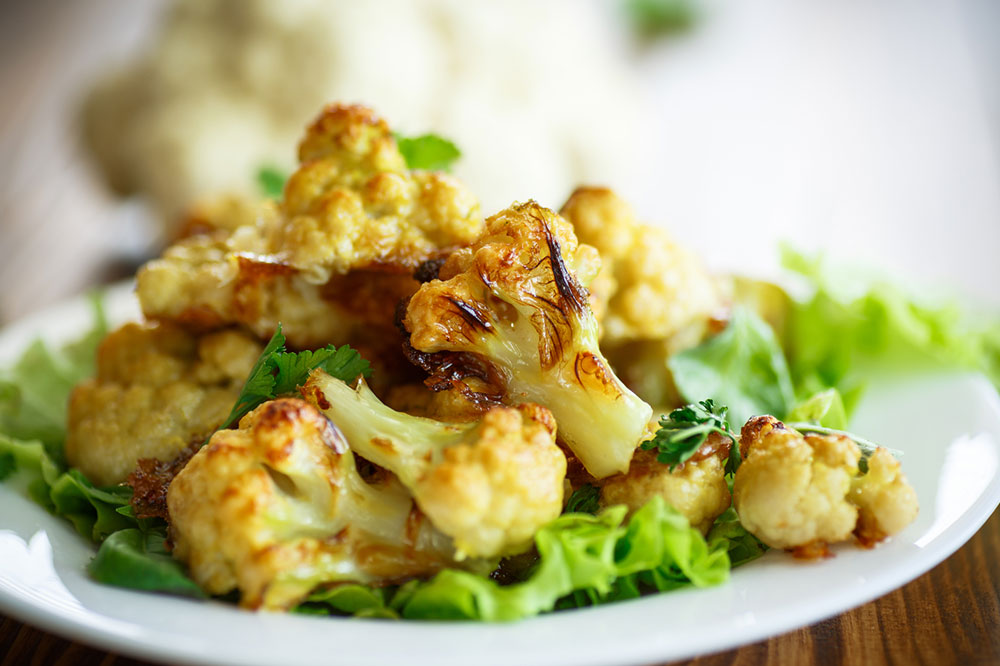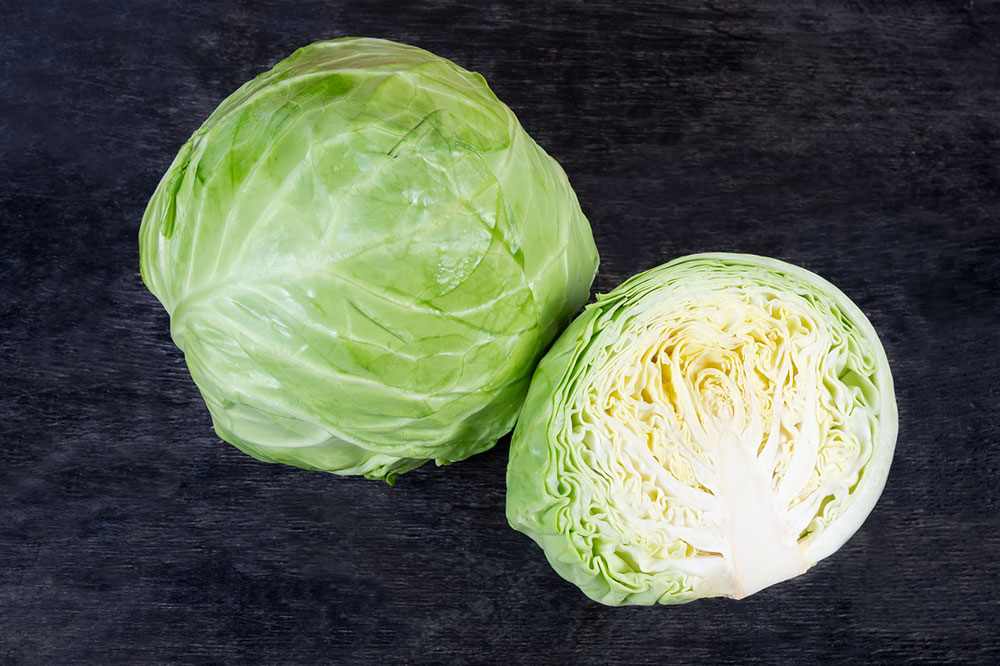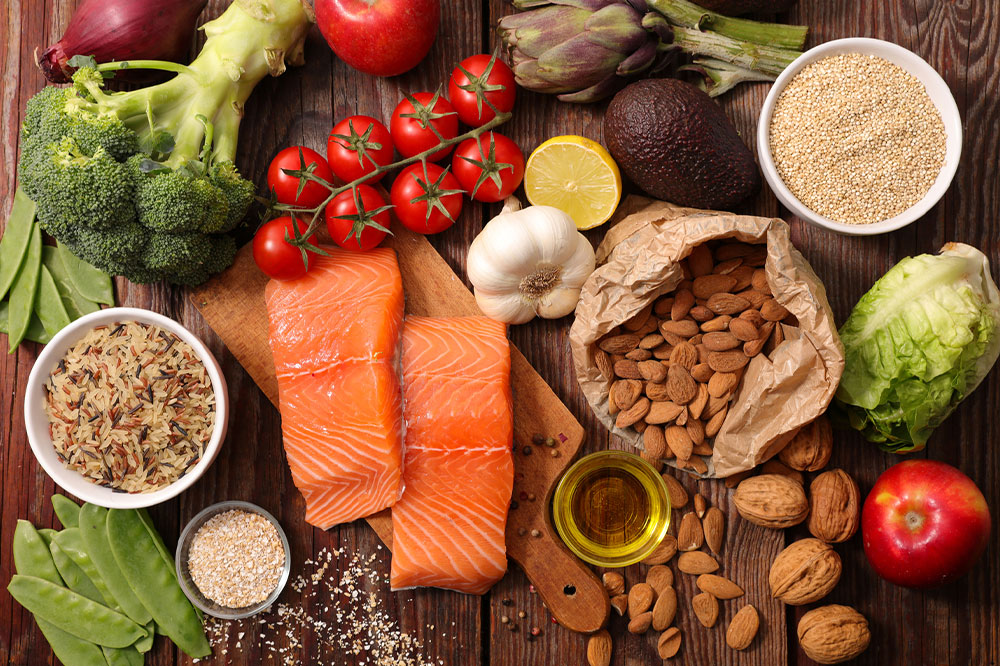Top Vegetables for Supporting Bladder Cancer Recovery
This article highlights three key vegetables—broccoli, cauliflower, and Brussels sprouts—that may support bladder cancer patients by inhibiting cancer cell growth. Rich in phytochemicals like isothiocyanates, these foods can enhance immune function and aid in managing symptoms. Incorporating these vegetables into your diet, along with citrus fruits high in vitamin C, can promote overall health. Adopting a balanced diet and healthy lifestyle is essential for individuals battling bladder cancer, strengthening their defenses and improving wellbeing.

Top Vegetables for Supporting Bladder Cancer Recovery
Including specific vegetables in your diet can aid in managing bladder cancer symptoms. While these foods do not cure the disease, they can help improve overall health and support treatment efforts. Fresh vegetables, fruits, certain dairy items, and beverages rich in antioxidants may positively influence early stages of bladder cancer. Research highlights that cruciferous vegetables, in particular, can significantly inhibit the proliferation of cancerous cells in the bladder lining.
Here are three vegetables highly recommended for those battling bladder cancer:
Broccoli
Broccoli contains phytochemicals called isothiocyanates, known for their ability to combat cancer cell degeneration.
Consuming broccoli promotes the release of glucosinolates, which convert into isothiocyanates, effective against cancer cells. Multiple studies support the role of these compounds in cancer prevention.
Cauliflower
Cauliflower, a great alternative to broccoli, is rich in isothiocyanates. Regular intake can help reduce bladder cancer symptoms by destroying malignant cells and supporting the growth of healthy tissue. Cruciferous vegetables like cauliflower are particularly beneficial for managing certain bladder carcinomas.
Brussels Sprouts
These leafy greens are packed with antioxidants and phytochemicals, making them a potent addition alongside broccoli and cauliflower.
Brussels sprouts aid in proper cell communication, encouraging tissue regeneration, and they actively target cancer-affected cells to inhibit carcinogens. Additionally, vegetables like cabbage, kale, and asparagus contain compounds such as sulforaphane, which are effective in hindering tumor growth.
Vitamin C, prevalent in citrus fruits like oranges, grapefruits, and lemons, is vital for boosting immunity. Such antioxidants help repair damaged cells and slow cancer progression. Maintaining a diet rich in cruciferous vegetables and fruits is recommended by the American Institute of Cancer Research, alongside lifestyle modifications to enhance immunity.










